Self-Directed Support resources in English
These materials were developed as part of the Erasmus+ funded SKILLS project and the establishment of the Self-Directed Support Network.
Please use and share these resources and contact Simon Duffy if you want to join the Self-Directed Support Network.
This short animated film provides an introduction to self-directed support.
This workbook provides an overview of self-directed support aimed at people with intellectual disabilities and their families. It was developed by our Italian partner Anffas.
The pdf will be available to read and download soon - please check back.
This workbook explains the idea of self-directed support to support staff or personal assistants who work alongside people with intellectual disabilities and their families. It was developed by our partner In Control Scotland.
Read and download the free pdf here.
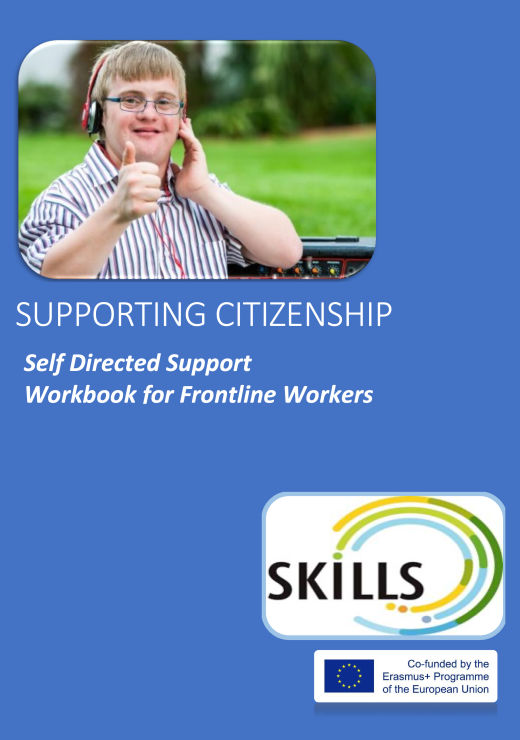
You can watch a full playlist of films on self-directed support in multiple languages on YouTube here.
As part of the SKILLS project Suunta (KVPS) also produced a training course for use in adult education and professional training. This course helps people understand the difference self-directed support makes to the planning and organisation of support, and the need to shift power and control to people with disabilities and families.
The Training Manual for the course is free to read and download here.
To help people understand what self-directed support means in practice there are real stories from Finland showing how people can make to their support and their lives:
Suunta also produced a template which can help people plan their own support and think about the changes they want to make to their own life.
Download the Support Plan template (pdf) in your browser here.
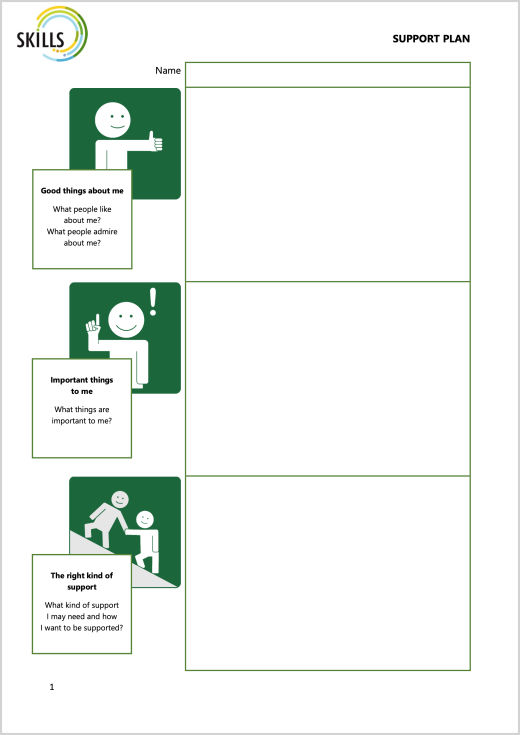
These case studies were also developed in order to help people think about what kind of plans might be useful:
Adele - case study and training exercise
Julius - case study and training exercise
Maria - case study and training exercise
Dr Simon Duffy wrote this paper as part of the project. It offers an overview of what self-directed support is based on its 50 years of development. It explains why self-directed support helps to advance the citizenship of people with intellectual disabilities. It also explores some of the obstacles or difficulties that societies face when they try to implement self-directed support.
You can download and read the paper (pdf) here.
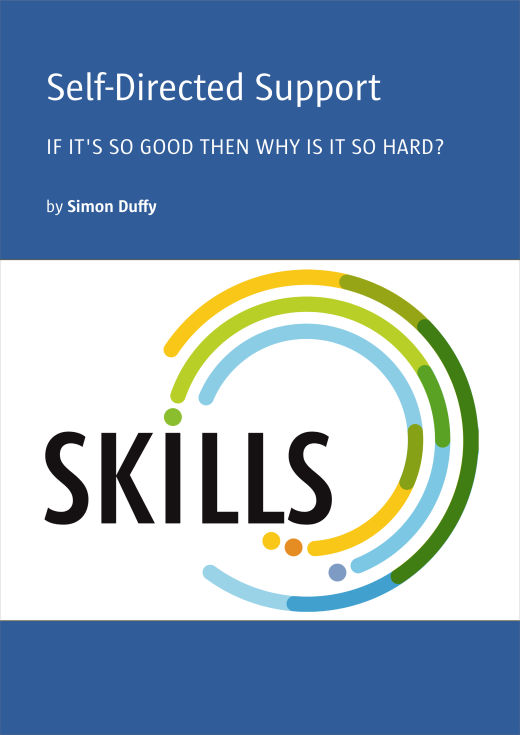
Working with partners across Europe we developed an initial map of how different countries are doing. This is complex but important work. Systems are often so different that it is hard to compare one country to another. Some times there is only limited information available. However we believe that this important work which is necessary for us to see how much progress is being made. Most importantly it helps people and families to advocate for change locally.
Download the 2019 report in your browser (pdf) here.
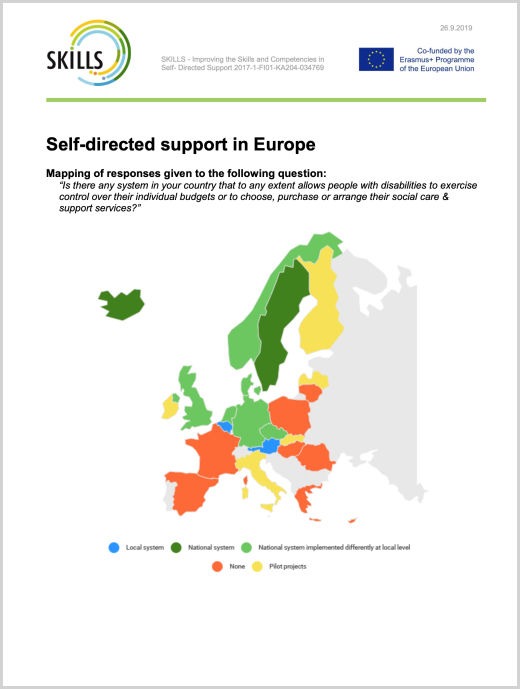
We are now working on developing a dynamic map of progress on self-directed support which you can see here.
Please get in touch if you can help with this project.
Simon Duffy wrote a guide for anyone who is trying to lobby for self-directed support.
You can read the full article here on the Centre for Welfare Reform's website.
Often pictures are more powerful than words and infographics are a powerful way of sharing information about an idea. We have produced a series of infographics that are translated into different languages. You can see our self-directed support infographics on the Centre for Welfare Reform's website here.
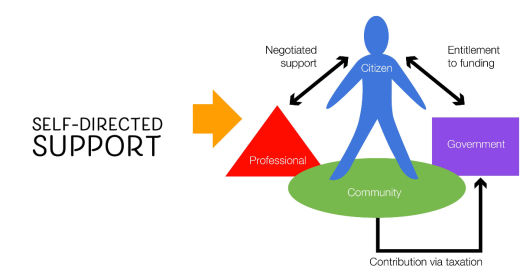
If you are willing to translate these into your native language then please get in touch.
These resources are free to use. But if you develop new resources then please share them with the wider network. Cooperation is the key to achieving citizenship for all.
Self-Directed Support, social care, Europe, Inspiration